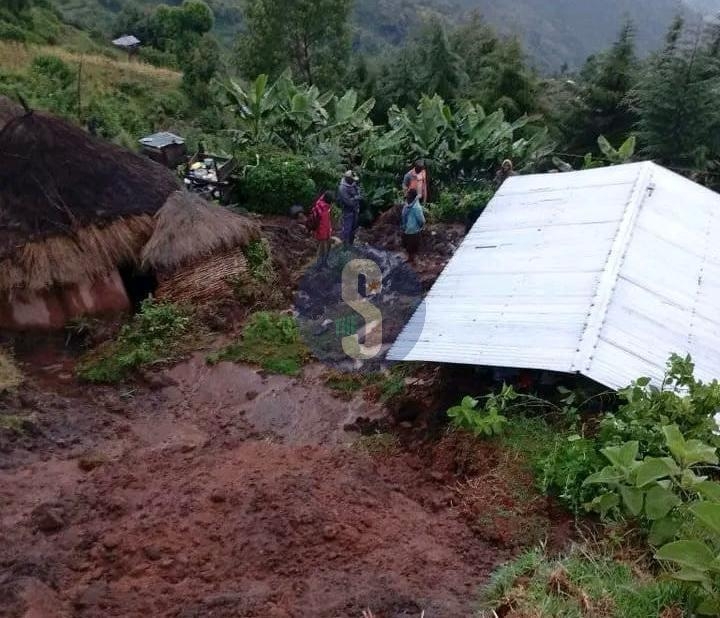Kenya is yet to meet the constitutional mandate for disabled people to occupy just five per cent of public positions, nominated Senator Crystal Asige, who has a visual impairment, has said.
She told the Star President William Ruto has a great opportunity to show goodwill by nominating a disabled person to fill the Gender, Culture, Arts and Heritage CS position.
The position fell vacant after the National Assembly rejected the nominee, Stella Lang'at.
Senator Asige is a supporter of Valuable 500, a global organization collaborating with member companies like Google, Apple, and Kenya Airways to eliminate disability exclusion. These companies are making significant strides in creating more inclusive workplaces and services for people with disabilities.
The Senator spoke to the Star's John Muchangi.
Excerpts:
The Constitution obligates the state to ensure at least five per cent of the members of the public in elective and appointive bodies are persons with disabilities. Do you think we are on the right track to achieve this requirement?
It is generally recognised that the overall representation of PWDs in both elective and appointive bodies is currently far below the five per cent target, contrary to article 54(2) of the constitution, with the President himself acknowledging that not enough has been done around disability inclusion in his administration.
While this provision underscores the country's commitment to inclusion, the reality on the ground is riddled with rights violations of persons with disabilities from healthcare to education, employment to inclusive mobility and social welfare to security.
The representation of PWDs remains low, which ultimately feeds into the discrimination because as they say ‘out of sight, out of mind’.
In the Persons With Disabilities Act of 2003, public and private sector employers have been obligated to reserve five per cent of employment opportunities for PWDs, but we see that 21 years later, Kenya continues to run contrary to the law.
Additionally, the Employment Act of 2007, section 5 prohibits discrimination against employees or prospective employees on the grounds of disability. But even in the past, I have been denied employment because of my disability and those stories are not told enough.
To ensure Kenya achieves this effectively, the Ministry of Labour and Social Welfare should establish clear monitoring mechanisms to track compliance with the five per cent principle across all levels of government and within private organisations. I want to see annual audits and reporting become compulsory, with penalties for non-compliance. Once we have a comprehensive database to track disability inclusion across public and private sectors, we will be able to assess gaps and interventions needed to close them.
My Persons with Disabilities Bill, 2023, aims to repeal the outdated Persons With Disabilities Act, 2003, which does not take into account international disability rights conventions, new technologies and universal design standards, as well as being mute on the rights of individuals with neurodiverse disabilities.
What can you say about the recent appointments of Cabinet secretaries by President Ruto, and appointments to other government positions in parastatals, in general? Do you feel PWDs are fairly represented?
I am disappointed that the recent Cabinet appointments ignored the need for disability representation, despite the constitutional mandate that I have just highlighted above. If the President cared to look, he would have seen plenty of qualified and formidable persons with disabilities, who could have been nominated.
Never in our history has Kenya had a Cabinet secretary with a disability and this vacancy presents an opportunity to correct the historical exclusion of this demographic from such significant roles. Such a deliberate effort would ensure PWDs are not left out of the nation's leadership. However, the disability fraternity have made statements calling on the President to nominate a woman with a disability to the Ministry of Gender, the Arts, Culture and Heritage, with it currently being the only vacant ministry remaining. As he considers this, we also look forward to the nominations of the PSs to each ministry, including equitable disability representation. This would not only align with the gender representation agenda, but also address the absence of PWDs in high-level government positions.
During the #OccupyParliament protests, two MPs were stuck in the buildings and were at the mercy of Gen Zs. How accessible are Parliament Buildings?
I hope that June 25, 2024, highlighted the vital need for accessibility in the built environment, including Parliament. It became painstakingly clear that accessibility should not be an afterthought, but a priority to ensure the safety of parliamentarians with disabilities during such incidents. Universal design should be a must-have, not a nice-to-have.
At the very least, Parliament Buildings and other public institutions should undergo regular accessibility audits to identify and rectify barriers. We must adopt universal design principles in the construction and renovation of public buildings as well as provide access to support services such as personal assistants, accessible transport and assistive devices to ensure the full participation of persons with disabilities.
Besides political representation, what other areas need improvement to enhance the welfare of people with disabilities in Kenya?
First is education. This is by increasing access to inclusive education by providing adequate resources, trained teachers and accessible learning materials for learners with disabilities. Most of these areas are well outlined in my Learners With Disabilities Bill.
Also, promote the employment of PWDs by implementing affirmative action policies and providing incentives for employers who hire PWDs, as outlined in my Persons with Disabilities Bill, proposal of 2023 currently being considered in the National Assembly.
Healthcare: Ensure that healthcare services are accessible to PWDs, including the provision of specialised services and assistive devices. As well outlined under clause 24 subclause7(a)(b) as highlighted under the Persons With Disabilities Bill, 2023.
Social Protection is another area. Strengthen social protection programmes for PWDs to provide financial support and reduce vulnerability to poverty. We should not forget that parents and caregivers of PWDs equally need support through social protection notes.


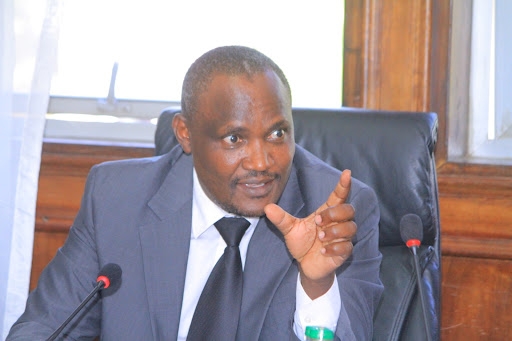



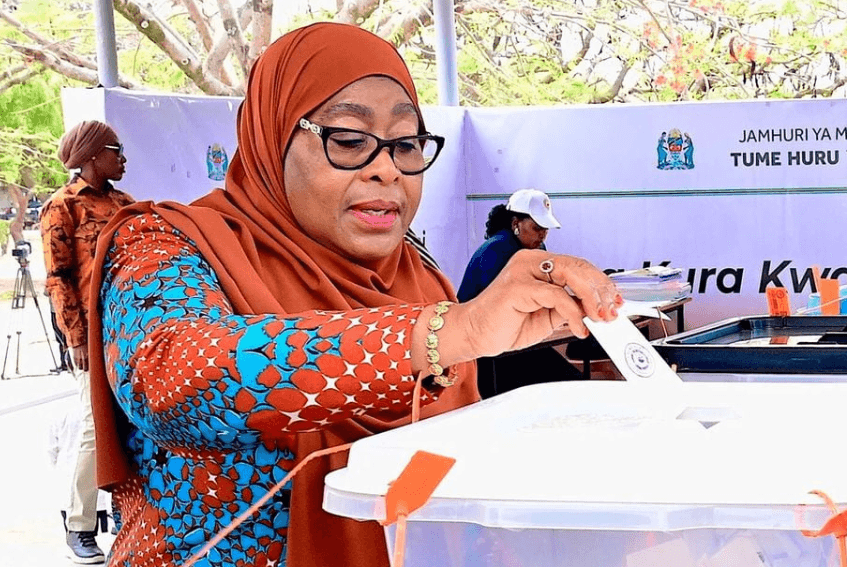
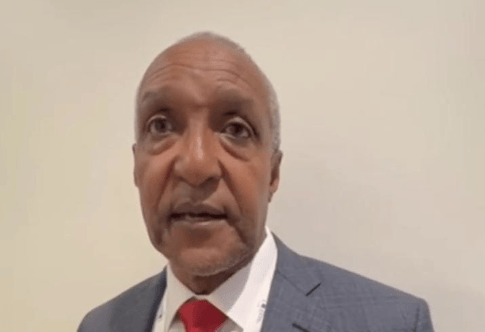
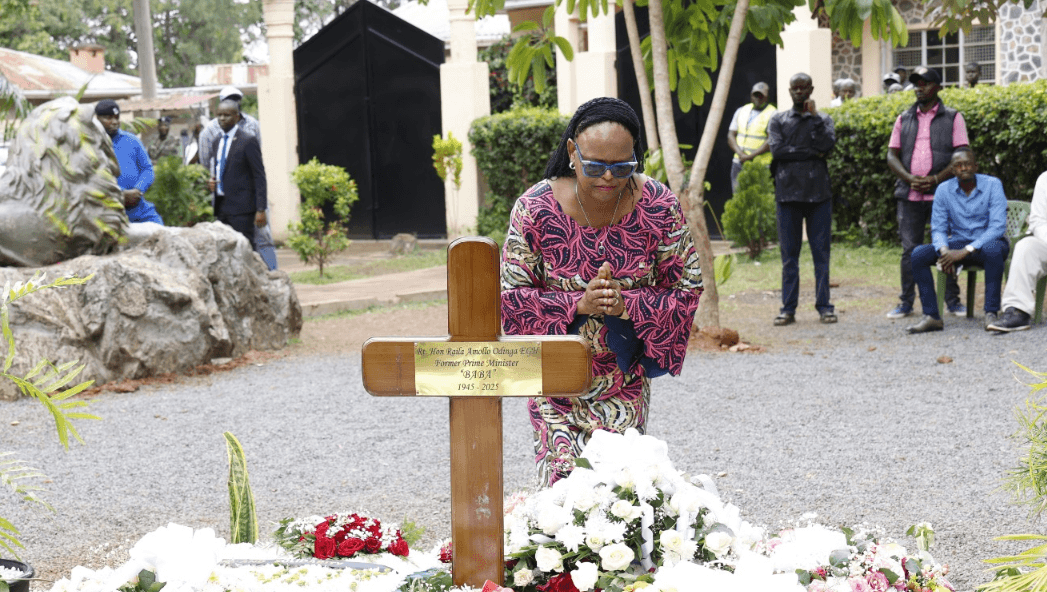

![[PHOTOS] Elgeyo Marakwet landslide victims arrive in Eldoret for care](/_next/image?url=https%3A%2F%2Fcdn.radioafrica.digital%2Fimage%2F2025%2F11%2F425460d9-7ff1-4975-8a1f-cd0aaefb7812.jpg&w=3840&q=100)
